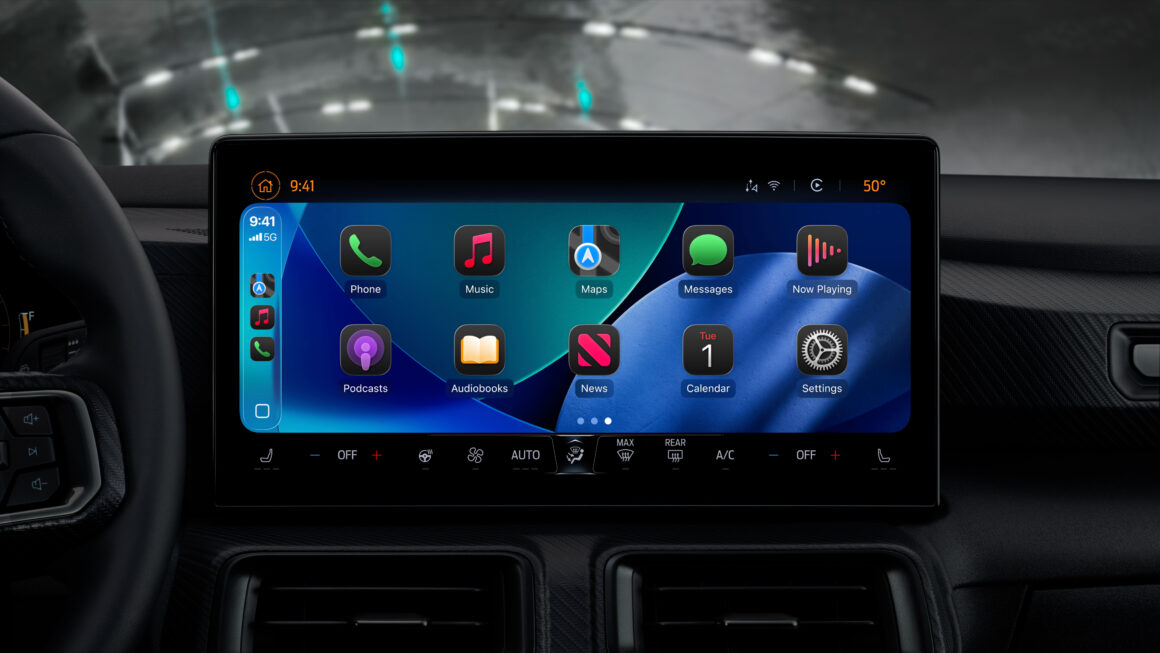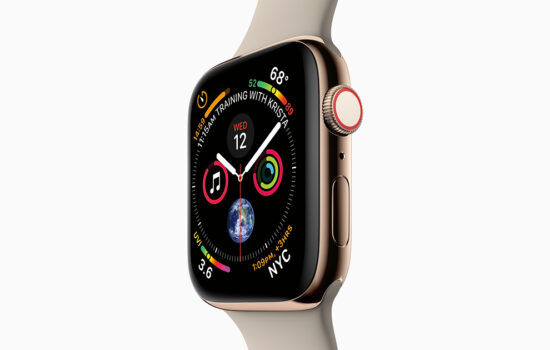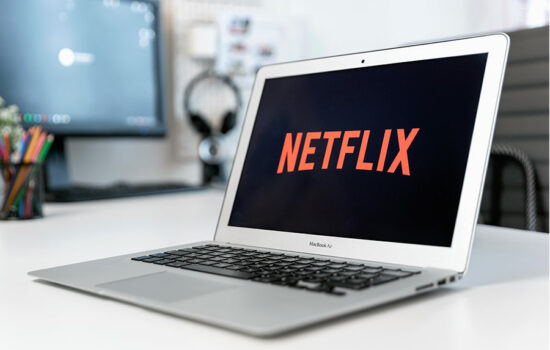Rivian CEO RJ Scaringe told The Verge’s Decoder podcast that the company is “really convicted” about not offering Apple CarPlay in its cars — and that choice is part of a broader bet on Rivian’s own software and the upcoming R2. Scaringe explained that Rivian wants a tightly integrated, native in-car experience rather than folding in third-party interfaces like CarPlay. He framed it as a conscious product decision, not a political stance.
Automakers who build their own UI usually point to three things: tighter integration with vehicle systems, a more cohesive brand experience, and direct control of updates and data. Scaringe leaned on that playbook — Rivian wants its software to feel like the rest of the car, not an iPhone app tucked in.
Last week, Ford CEO Jim Farley gave what might be the most public critique of CarPlay Ultra by a major automaker to date. Farley confirmed Ford’s continued support for Apple and Android Auto, but said he was underwhelmed by the execution of Ultra.
Apple CarPlay remains popular and widespread, but automakers pushing their own software is a reminder that CarPlay isn’t a default forever. For Apple, the risk is incremental: less surface area for iPhone-first interactions in vehicles where OEMs can meet or outcompete CarPlay on usability, services, or data features.
That said, Apple still has deep integrations with many major brands and an installed base of iPhone users who expect CarPlay. Rivian skipping it doesn’t topple Apple’s in-car strategy, but it’s a sign that at least some EV makers see advantages in keeping drivers inside their own ecosystems.
What do you think — is CarPlay a must-have in your next car, or are native systems catching up? Drop a comment below. Stay updated with the latest news and deals by downloading the Appleosophy App from the App Store or by visiting our website.








